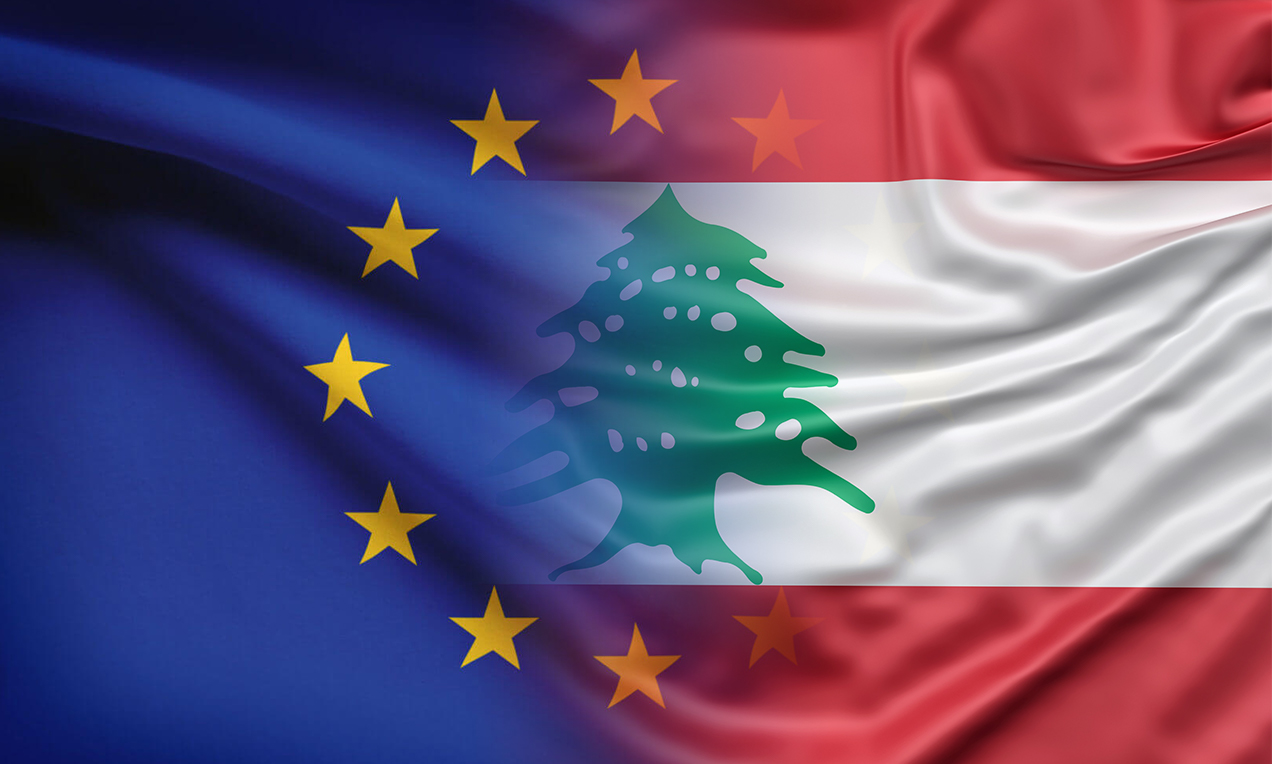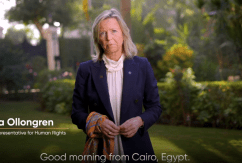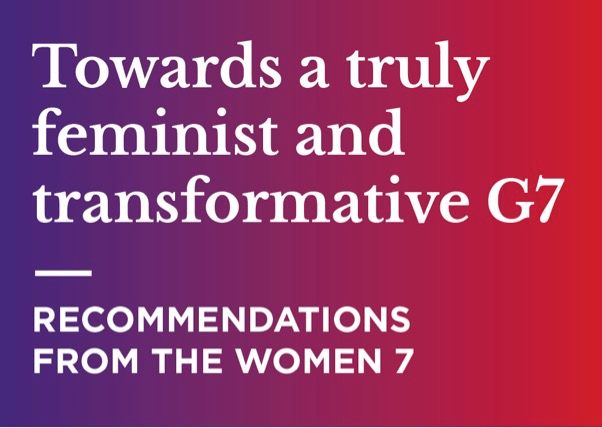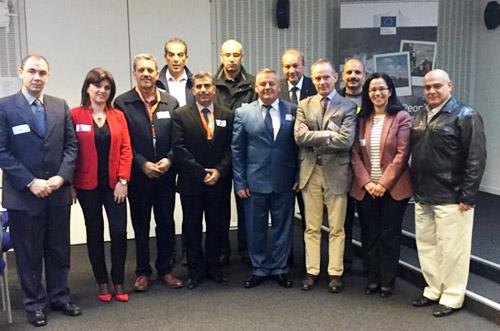Lebanon: Remarks by the High Representative/Vice-President Josep Borrell during his visit to the country

Good morning,
I am very happy to be here in Lebanon again, because a couple of years ago I was here as Foreign Affairs Minister of Spain and I had also the honour to be received by the President of the Republic [Michel Aoun]. But this is my first visit to Lebanon as European Union High Representative.
Lebanon is a neighbour, and close, long-standing partner of the European Union. We are very concerned by the current economic and political crises that Lebanon is facing. I am here today to express, on behalf of the European Union, our solidarity and support to the Lebanese people, but also our concern to their political authorities.
We, in the European Union, are ready to do our part to provide continued support to Lebanon and to its people. In 2020, last year, we provided 333 million euros in assistance to Lebanon. This means almost one million euros every day. Together with the United Nations, we have established a framework to help the Lebanese people directly. We have several other instruments at our disposal to help the Lebanese government, and we are willing to mobilise them as soon as we see tangible progress on the necessary reforms.
We cannot provide this help without progress on the reform process. Reforms that the country needs to undertake to overcome the current crisis. So, let me be clear: we have the resources and the willingness to help more. But in order to help more, we need the process of reforms to continue, to accelerate and to be able to overcome the current situation. Let me put an example, as soon as an International Monetary Fund (IMF) programme will be in place, we will be able to look at concessional lending and guarantees, provide trade measures and a macro-financial assistance programme. This will mean an important amount of money and measures that will help boost the Lebanese economy.
But I also want to pass a message of firmness to all Lebanese political leaders. A message on behalf of all the European Union and also of the Member States. The crisis Lebanon is facing is a domestic crisis. It is a self-imposed crisis. It is not a crisis coming from abroad or from external factors. It is a homemade crisis. It is a crisis done by yourselves. And the consequences for the population are very much dire: 40% unemployment rate and more than half of the population living in poverty. These are dramatic figures.
The Lebanese leadership must take its responsibility and adopt the necessary measures without more delay: a government must be formed and key reforms implemented immediately. We cannot understand that nine month after the designation of a Primer Minster, there is still no Government in Lebanon. Only an urgent agreement with the International Monetary Fund will rescue the country from a financial collapse. In order to avoid a financial collapse, Lebanon needs an agreement with the International Monetary Fund. There is no time to waste. You are at the edge of a financial collapse.
I have just had a moment ago a frank exchange with His Excellency President [of the Republic of Lebanon, Michel] Aoun on these matters and I will continue my discussions with other members of the Lebanese leadership, notably with Prime Minister-designate [Saad] Hariri, with Caretaker Prime Minister [Hassan] Diab and with Speaker of the House [of Representatives, Nabih] Berri.
Let me insist. We stand ready to assist, if this what you want. But if there is further obstruction to solutions to the current multi-dimensional crisis in the country, we will have to consider other courses of action, as some Member States have proposed. The Council of the European Union has been discussing options, including targeted sanctions. Of course we prefer not to go down this route and we hope that we will not have to. But it is in the hands of the Lebanese leadership.
I also want to say a few words on the refugees in Lebanon ahead of the World refugee day, tomorrow. We are going to talk about refugees and we have to praise the Lebanese for all this, for the strong support that the Lebanese people have provided to the refugees. Ahead of the World refugee day tomorrow we have to praise this effort and we are very much aware of the burden the refugee population has placed on Lebanon, notably those that came from neighbouring Syria. Lebanon has been a place of refuge for people fleeing a savage conflict, for the sake of humanity. From the beginning, the European Union has provided substantive support, to both the refugees and the hosting communities and we are ready to do more. We are ready to support more Lebanon, Jordan, Turkey, the countries that are receiving and taking care of the refugees.
Also, on that matter, we trust that the Lebanese authorities will continue to respect the principle of non-refoulement. We will continue providing support for refugees and for Lebanese communities hosting a large part of the refugee population. Let me underline that the economic crisis Lebanon is currently facing is the result of mismanagement, and not linked to the presence of refugees. It is not fair to say that the crisis in Lebanon comes from the presence of refugees.
Another consideration on the Lebanon resources. Despite the brain drain triggered by the crisis, Lebanon has precious human capital. Human capital is the most important capital. And Lebanon can count on it. I am looking forward to my meeting with various activists and civil society organisations –not only with the political leadership and institutions, also with activists and civil society- to listen to their take on the current situation and discuss ways of supporting their efforts.
I think that Lebanon has a vibrant civil society and thanks to this vibrant civil society and to all Lebanese who each day fight for the future of their country, thanks to that, I am convinced there is a way out of the crisis.
Permettez-moi de finir en français, pour faire deux points qui me paraissent importants. D’abord, les élections prévues pour l’année 2022 doivent se tenir dans les délais prévus. Cela n’aiderait pas de repousser les élections. Il faut que les élections aient lieux à la date prévue. Nous sommes prêts à envoyer une mission d’Observation Électorale, évidement si nous recevons une invitation pour le faire. Mais je pense que cela aiderait beaucoup au processus électoral, pour être sûr qu’il se déroule dans le respect des principes démocratiques et que les élections soient « free and fair » (libres et justes).
Les autorités libanaises doivent mener l’enquête sur l’explosion dans le port de Beyrouth d’août dernier, et cette enquête doit produire des résultats. [Presque] un an plus tard, nous sommes toujours dans l’attente des résultats de l’enquête.
Finalement, je voudrais souligner le fait que je suis ici au Liban en tant qu’ami, en tant que représentant d’un ami -l’Union européenne-, qui est un ami du peuple libanais et du Liban. Et les vrais amis se disent les choses sincèrement. Si le Liban est prêt à prendre ses responsabilités, l’Union européenne fera sa part. Nous sommes vraiment disposés à augmenter notre aide et à soutenir le Liban. J’espère avoir l’occasion de pouvoir le faire.
Merci, shukran.





























 Syria
Syria 




